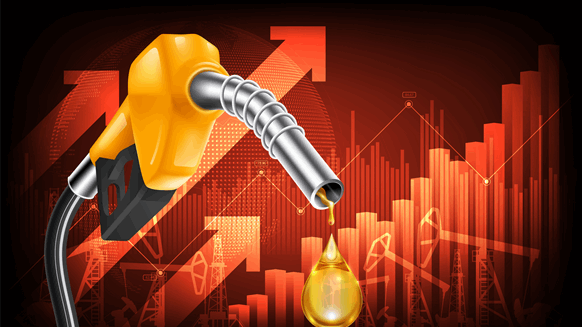Saipem’s drilling and construction vessels could run on biofuels following a memorandum of understanding signed with Eni Sustainable Mobility. The two companies indicated in a joint statement that special attention will be paid to operations in the Mediterranean Sea. Saipem’s drilling and construction fleet includes 45 vessels.
Through the MoU, both companies are strengthening their mutual efforts to diversify energy sources and reduce the carbon footprint of offshore operations. Eni has been producing biofuels since 2014, as it converted its Venice and Gela refineries into biorefineries, which, as the press release underlines, will be free of palm oil from the end of 2022.
Eni is using its patented Ecofining technology to process vegetable raw materials or animal waste and HVO (hydrotreated vegetable oil) biofuel products. According to Eni’s plan to achieve carbon neutrality by 2050, biofuels are an important strategic pillar. Eni focuses on a decarbonisation process with the aim of reducing emissions from industrial processes and products.
“This agreement is part of the execution of Saipem’s strategy for the reduction of GHG emissions and implements, along with the rest of the initiatives and investments foreseen in the Group’s strategic plan, which includes the reduction of its Scope 1 and Scope 2 emissions by 2035 and the achievement of Net Zero (including Scope 3) by 2050,” the joint statement said.
Both companies will bring their respective knowledge to the table, Eni Sustainable Mobility being among the first producers of biofuels in Europe. The company aims to bring its global expertise to offer solutions to reduce carbon emissions.
Saipem is committed to the energy transition and has set itself the goal of increasing the share of alternative fuels used by its fleet, which would translate into lower emissions, not only for Saipem but also for its customers.
“Thanks to the use of biofuel, Saipem will be able to potentially reduce emissions by around 550,000 tonnes of CO2eq per year, equivalent to 60% of its total annual Scope 1 emissions,” the statement said.
To contact the author, please email andreson.n.paul@gmail.com


